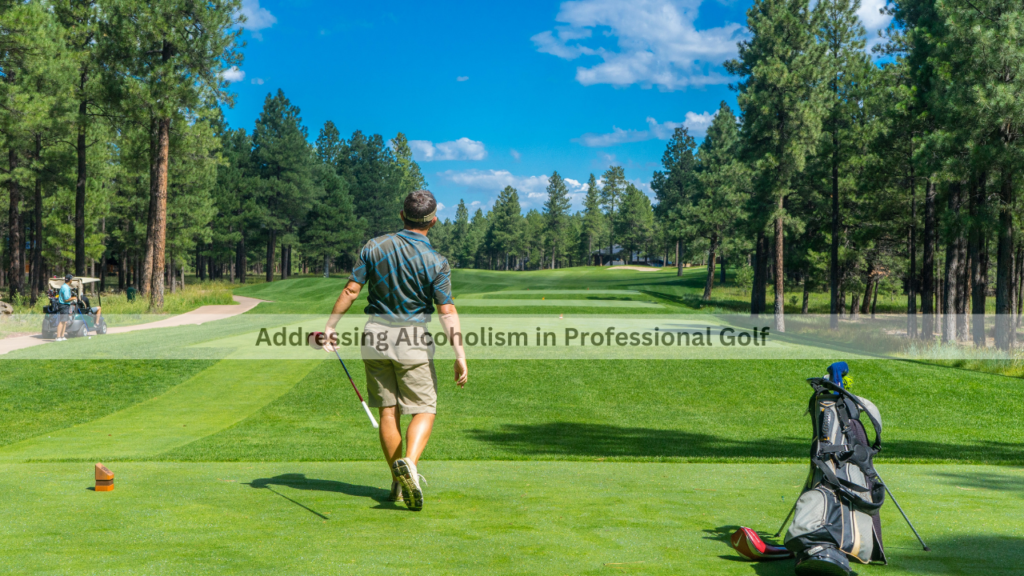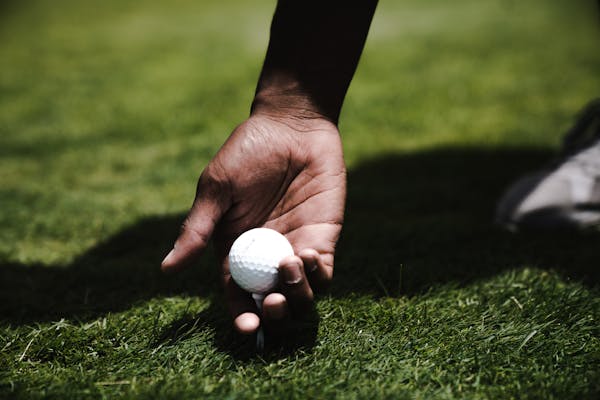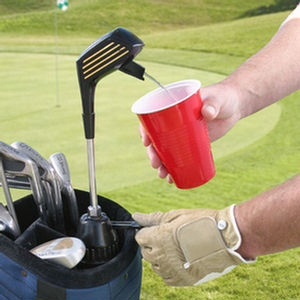Swinging Under the Influence: Alcoholism, Power, and the Men Who Shape Business

In the corporate world, business and leisure often intersect in unexpected ways. One of the most iconic examples is the tradition of executives conducting deals, building networks, and forging relationships on the golf course. However, behind the idyllic image of a few rounds of golf lies a hidden issue that many overlook: the normalization of alcohol consumption. For many men in positions of power, alcohol becomes intertwined with the culture of business, and this blend of influence, stress, and alcohol can lead to dangerous consequences, including alcoholism.
The Power and Prestige of Golf in Business
Golf has long been seen as the sport of the elite. It’s a place where deals are not just discussed in boardrooms but cemented through casual conversations on the green. The game provides an opportunity for corporate leaders to demonstrate their competitiveness, focus, and strategic thinking. These traits are highly valued in business, and the golf course has become an arena where men in power can bond over their shared love of the game while establishing deeper professional connections.
However, as with many social traditions in business, the culture of golf is often paired with alcohol consumption. The “19th hole,” or the bar where golfers retreat after a round, is just as significant to the corporate golfing experience as the game itself. It’s where relationships are solidified, but it’s also where the consumption of alcohol becomes normalized, even expected.
Alcohol as a Social Currency
For men in positions of power, the pressures to perform, maintain relationships, and project an image of success are immense. Alcohol often becomes a form of social currency, a way to fit in with colleagues, clients, and peers. In these corporate settings, the ability to “hold one’s liquor” or engage in rounds of drinks without appearing out of control is sometimes viewed as a mark of strength or status.
The problem arises when this regular social drinking spills over into dependency. The line between casual drinking and alcoholism becomes blurred, particularly when alcohol is so deeply embedded in the culture of business gatherings. Many men in positions of power may not even realize when their consumption has crossed from social drinking to a deeper issue. It’s easy to justify excessive drinking in the name of networking or stress relief.
The Connection Between Power and Addiction
Addiction, including alcoholism, doesn’t discriminate based on income, success, or social standing. However, for men in powerful corporate positions, admitting to having a problem can be difficult. The very traits that make these men successful in business—control, authority, and self-reliance—can make them less likely to acknowledge or address a drinking problem.
Moreover, alcohol often serves as a coping mechanism for the stress and demands of maintaining a high-profile career. The pressures of leadership, decision-making, and constant competition can drive executives to rely on alcohol as a way to manage their anxiety or decompress after long, grueling days.
The Denial of Vulnerability
In a culture that prizes strength and dominance, admitting vulnerability can feel impossible for many corporate leaders. This is particularly true for men, who may feel an added pressure to adhere to traditional notions of masculinity, which discourage showing weakness. As a result, many high-powered executives may struggle with alcoholism in silence, refusing to seek help or admit to their dependency. They believe their power and success shield them from such issues, which only perpetuates the cycle of denial.
Breaking the Cycle
Addressing alcoholism among corporate leaders requires a cultural shift, both in business settings and society at large. First, it’s essential to redefine what success looks like—recognizing that vulnerability and asking for help are not signs of weakness but of strength. Companies need to foster environments where mental health and well-being are prioritized, and alcohol isn’t the default social lubricant.
By bringing awareness to the dangerous intersection of power, alcohol, and business, we can begin to dismantle the harmful norms that perpetuate addiction among corporate leaders. Through education, support, and open discussions about the pressures these men face, we can help them avoid swinging under the influence and instead empower them to lead healthier, more balanced lives.







